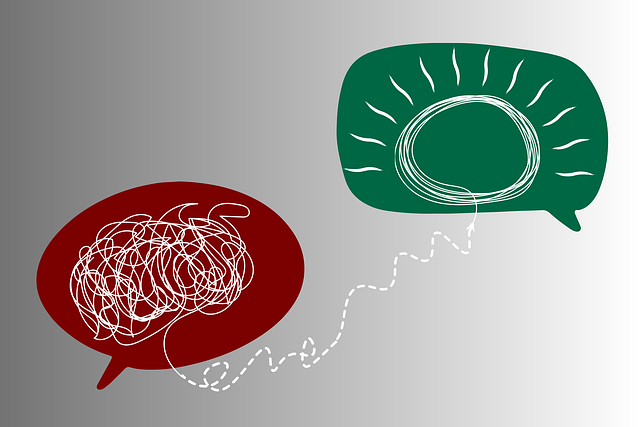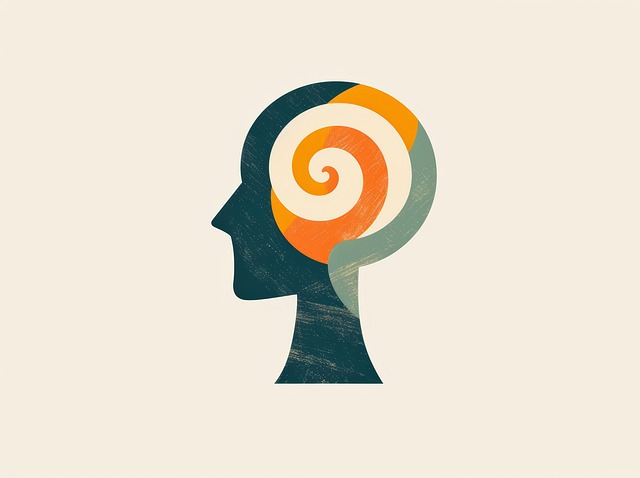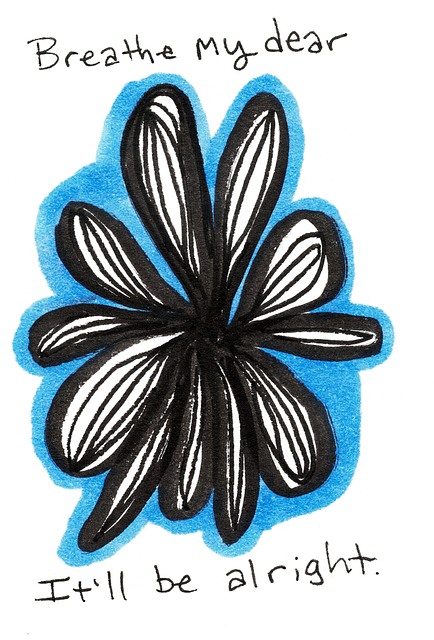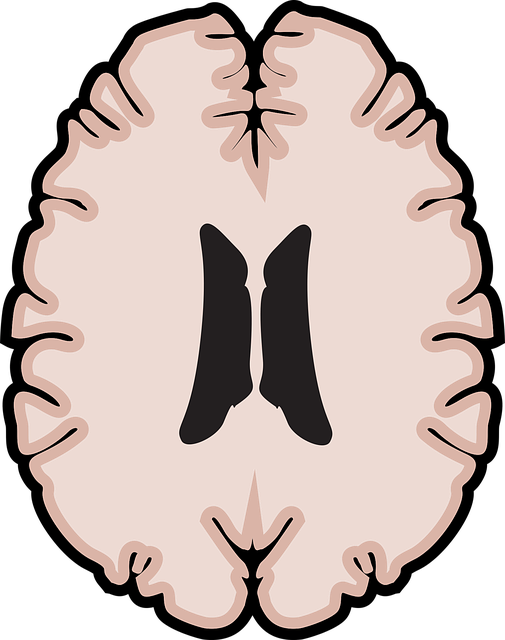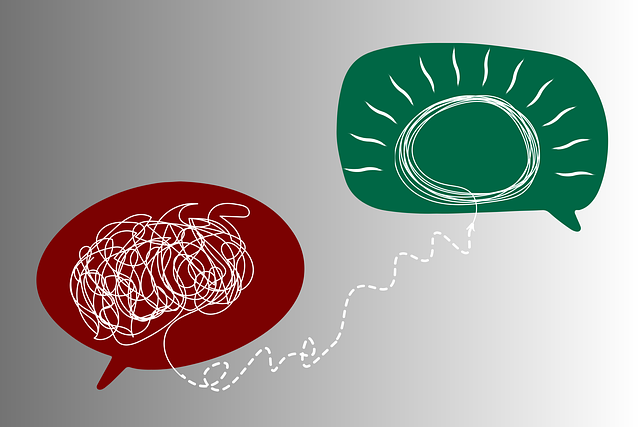Wheat Ridge Abuse Survivors Therapy (WRAST) provides a specialized, evidence-based program for individuals affected by abuse and its mental health consequences. Through emotional regulation techniques, risk management planning, and a structured curriculum with interactive elements, WRAST empowers survivors to process trauma, develop coping strategies, and improve overall well-being. The program emphasizes creating safe spaces, fostering open dialogue, and offering continuous support to enhance mental health education for abuse survivors.
Mental health education programs play a vital role in empowering individuals to navigate life’s challenges. This article explores the design of an innovative initiative, Wheat Ridge Abuse Survivors Therapy (WRAST), aimed at supporting survivors. We delve into the program’s key components, offering insights on effective mental health education. From curriculum design to implementation strategies, this guide highlights best practices for creating structured, supportive environments. By understanding WRAST’s success, professionals can enhance their programs and positively impact participants’ well-being.
- Understanding Wheat Ridge Abuse Survivors Therapy (WRAST): A Program Overview
- Identifying Key Components for Effective Mental Health Education
- Designing a Structured Curriculum: Strategies and Best Practices
- Implementation and Support: Ensuring Success for WRAST Participants
Understanding Wheat Ridge Abuse Survivors Therapy (WRAST): A Program Overview

Wheat Ridge Abuse Survivors Therapy (WRAST) is a specialized program designed to support individuals who have experienced abuse and its subsequent impact on their mental health. This therapeutic approach recognizes that trauma and abuse can lead to complex emotional challenges, often requiring tailored interventions to facilitate healing and restoration. WRAST offers a safe and supportive environment where survivors can process their traumatic experiences, develop coping strategies, and gain insights into their emotional responses.
The program’s core focus lies in empowering participants to understand and manage their emotional regulation, a crucial aspect of mental health policy analysis and advocacy. Through evidence-based techniques, WRAST helps individuals identify and process unresolved trauma, thereby mitigating risks associated with poor mental health outcomes. By integrating risk management planning for mental health professionals, WRAST ensures that survivors receive the specialized care they deserve, fostering their journey towards resilience and well-being.
Identifying Key Components for Effective Mental Health Education

Identifying Key Components for Effective Mental Health Education requires a holistic approach, especially when tailored to vulnerable populations like Wheat Ridge Abuse Survivors Therapy clients. A comprehensive program must address several critical aspects to foster meaningful change and long-lasting well-being. Firstly, it should include Public Awareness Campaigns Development to dispel myths and promote understanding of mental health issues within the community.
Additionally, incorporating risk assessment tools for mental health professionals ensures early identification of at-risk individuals and allows for timely interventions. Moreover, Empathy Building Strategies are vital; these techniques enable educators to connect with learners on a deeper level, encouraging open dialogue and fostering an environment where individuals feel safe to share their experiences. Such strategies contribute to breaking down barriers and promoting healing.
Designing a Structured Curriculum: Strategies and Best Practices

Designing a structured curriculum for mental health education programs is paramount to ensuring effectiveness and consistency in delivering support services. At Wheat Ridge Abuse Survivors Therapy (WRAST), we’ve found success by integrating various strategies that cater to diverse learning needs. One key practice is modularity, where content is broken down into manageable segments, allowing participants to absorb information at their own pace. Each module should build upon the previous one, creating a solid foundation of knowledge and skills.
Additionally, incorporating interactive elements like group discussions, role-playing scenarios, and Mindfulness Meditation practices enhances engagement. These activities not only facilitate better comprehension but also encourage peer learning and emotional expression. Mental Wellness Journaling Exercises with guidance can help individuals process their experiences and track progress. Effective communication strategies should be woven throughout the curriculum to foster open dialogue and create a safe space for sharing. By combining these best practices, WRAST has successfully designed programs that empower individuals to take charge of their mental wellness.
Implementation and Support: Ensuring Success for WRAST Participants

Implementing a mental health education program for Wheat Ridge Abuse Survivors Therapy (WRAST) participants requires careful planning and sustained support. The success of such programs hinges on creating an environment where individuals feel safe to express their experiences, fears, and hopes. Facilitators must be trained in effective communication strategies, fostering open dialogue and active listening to address the unique needs of each participant.
Regular check-ins, one-on-one counseling sessions, and group support meetings can enhance mental health awareness and provide opportunities for participants to practice mood management techniques. This comprehensive approach ensures that WRAST goes beyond mere therapy, offering a holistic framework for personal growth, healing, and resilience.
Wheat Ridge Abuse Survivors Therapy (WRAST) demonstrates that a comprehensive mental health education program, focusing on key components and structured curriculum design, can significantly enhance participant outcomes. By implementing best practices during implementation and providing robust support systems, WRAST ensures its success in empowering individuals to navigate their mental health journeys effectively. This tailored approach serves as a model for organizations aiming to create impactful mental health education initiatives that foster healing and resilience among participants.

